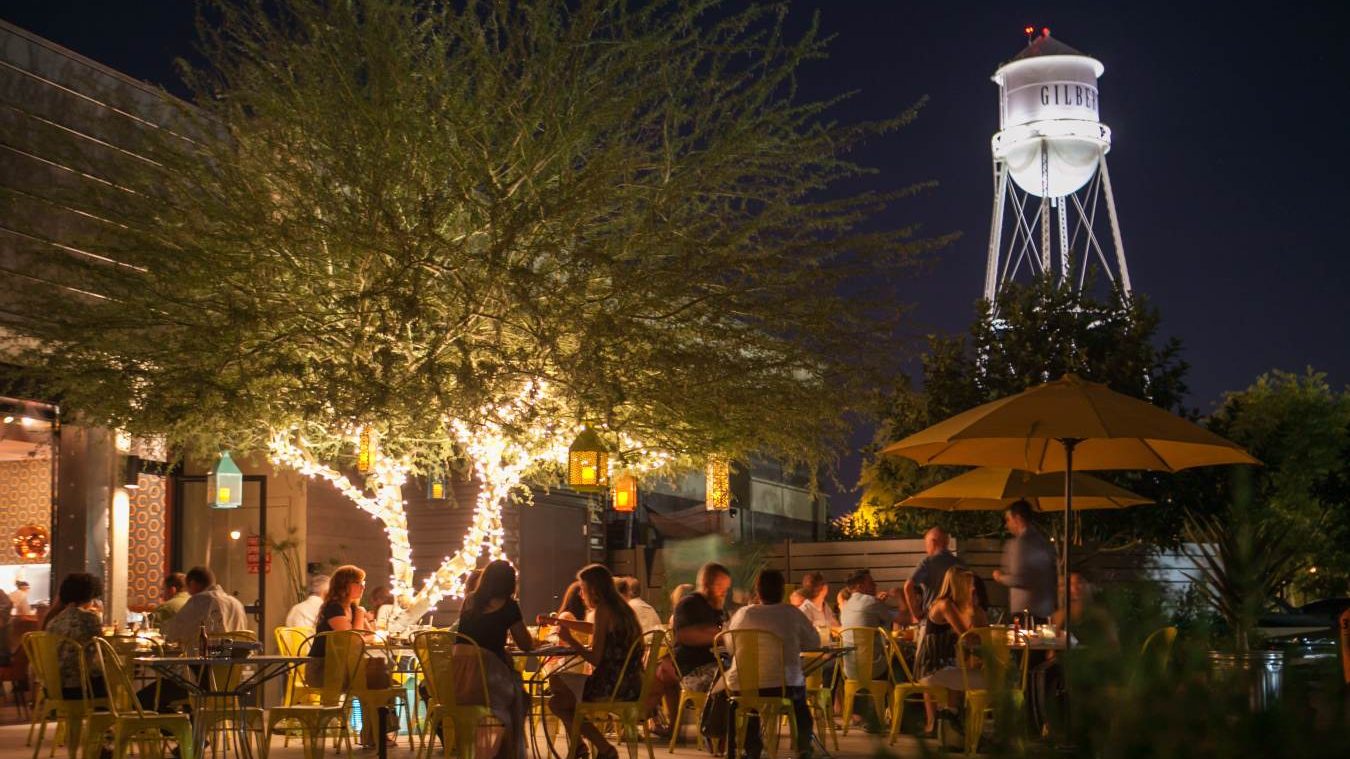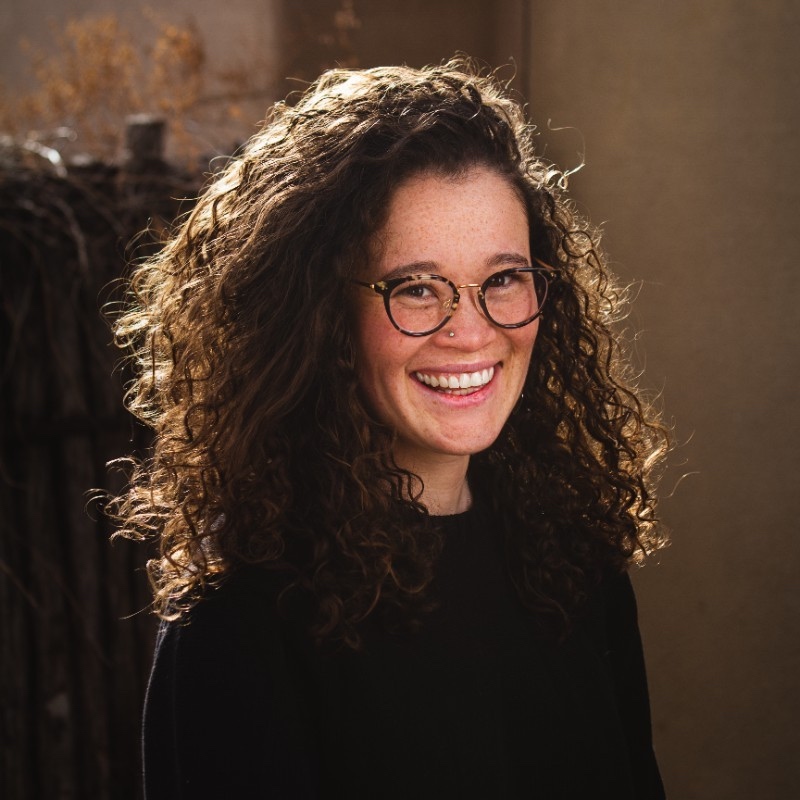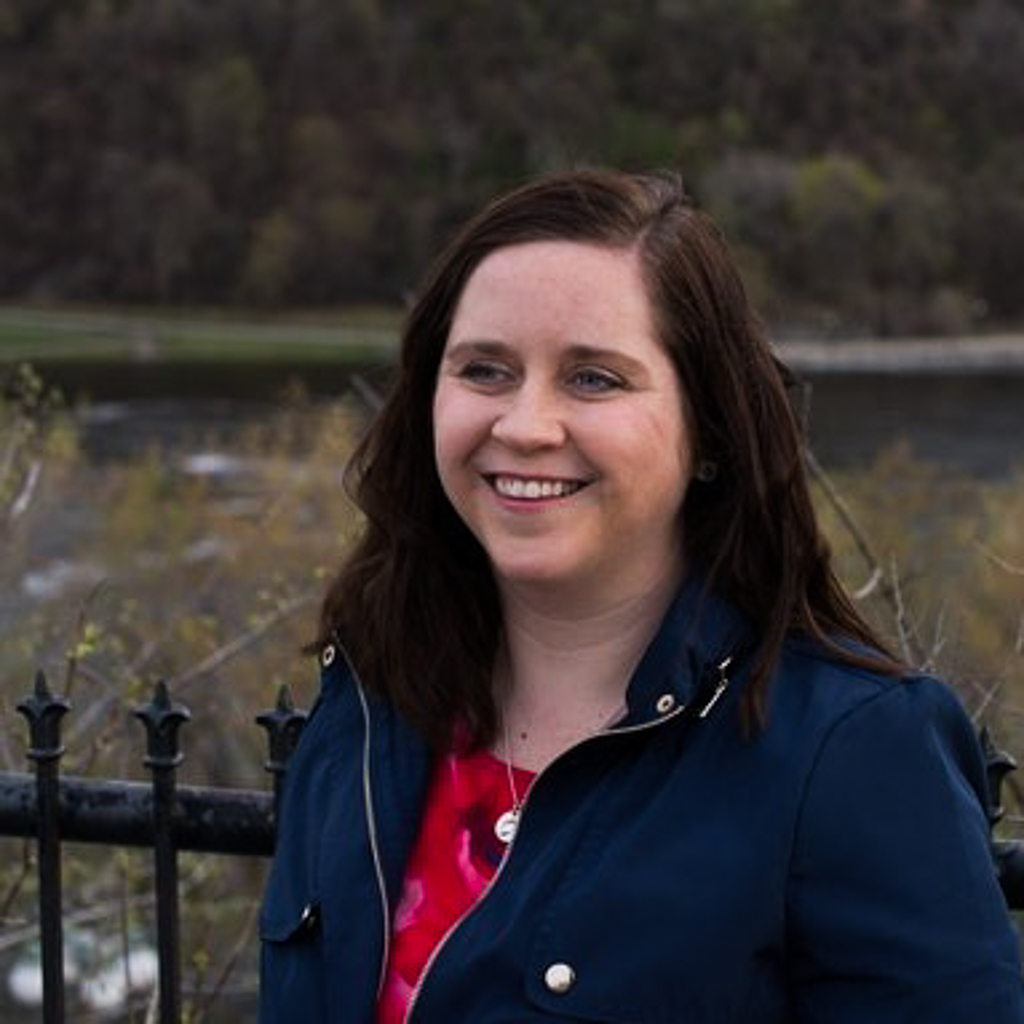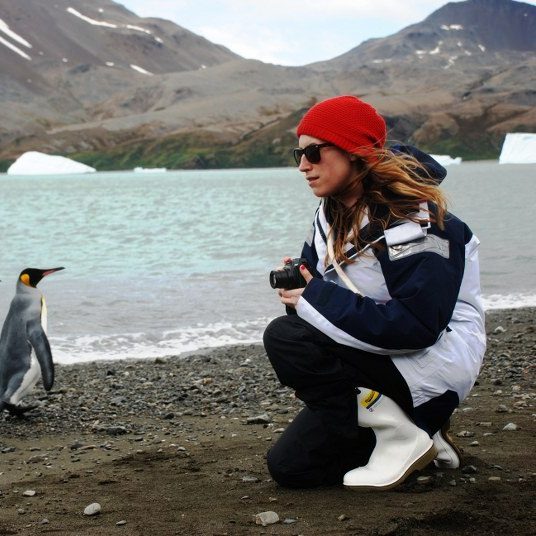
Mesa, Arizona is now the world’s first Autism Certified City, where visitors will find educated hospitality staff members and accommodations.


Mesa, Arizona is now the world’s first Autism Certified City, where visitors will find educated hospitality staff members and accommodations.
For people with autism and other neurodiverse people, travel can present unique and daunting challenges. Different minds have different needs, and the sheer quantity of new sensory stimuli one encounters while traveling to new places can be overwhelming for many. On top of that, there’s no guarantee that a hotel, restaurant, museum, or other stop on the itinerary is going to have the experience and skills to meet neurodivergent needs.
It’s enough to keep some autistic people, and their caregivers, from traveling altogether. A survey by Autism Travel, a branch of the International Board of Credentialing and Continuing Education Standards (IBCCES), a group that provides training for working with people with autism and other disorders, found that 87 percent of parents of people with autism didn’t travel at all. However, 93 percent said they likely would take more trips if there were better options available.
“As a parent of a child diagnosed on the spectrum, not only is inclusivity the right thing to do, it makes business sense,” Marc Garcia said in a press release. As the CEO of Visit Mesa, the city’s tourism bureau, Garcia has led the effort to get hospitality businesses, and eventually, all city departments, trained to interact with people on the spectrum and other cognitive disorders.
After a frustrating family vacation with his autistic six-year-old in 2018, Garcia decided to make Mesa, Arizona the first-ever IBCCES Autism Certified City. The training includes basic education about what the autism spectrum is and the different ways it can manifest, as well as best practices for communication. Visit Mesa’s Autism Travel Guide lists all the hotels, events, and services where staff have received training, and sensory guides for all of them.
One characteristic of autism and other cognitive disorders is difficulty filtering out important sensory information (like a person talking) from the unimportant (like background noises), leading to sensory overload. For places like museums and visitor centers, many accommodations focus on providing information about the degree of stimuli, and offering quieter or less visually busy options for autistic guests. The Arizona Museum of Natural History, for example, has “IBCCES Sensory Guides” for each exhibit, rating the intensity of the sounds, smells, touches, visuals, and tastes visitors will experience. They also offer “sensory gentle” events, when the museum will open early to fewer visitors and with dialed-down stimuli.
“We had great feedback with numerous accounts from families that this gentle experience opened up the possibility for their family to visit,” Alison Stotlman, the deputy director at the museum, told the BBC.
There’s always more that can be done to make places welcoming to people of all needs.
Zoey Shircel, the communications manager at Visit Mesa, says that IBCCES training helped her notice when someone might have different needs. “Before I got certified I didn’t notice people who might have a hidden disability,” she says. “But after learning about the certification, more people are open to talk about what they might need or what extra help we can provide, without being scared or embarrassed.” Another autism-certified professional at the Mesa Arts Center compared her role to that of an interpreter you might hire while traveling abroad in a country where you don’t speak the language—they could translate experiences designed for neurotypical people into ones that would be enjoyable for neurodivergent people.
Individual businesses and tourism bureaus around the world have been certified by IBCCES, but Mesa’s designation means that visitors can expect a majority of staff at local hospitals, parks and recreation departments, libraries, city hospitals, and other public service providers to be familiar with best practices for interacting with neurodiverse people.
One parent of a child who has autism told IBCCES that traveling to certified destinations was a game changer. “We can relax without having to worry over what the next meal will be or how the staff will react to the kids. It gives us the freedom to enjoy a vacation in the same way that ‘regular’ families can.”
Two other US cities—High Point, North Carolina, and Visalia, California—are official Certified Autism Destinations, which means that the majority of tourism-related businesses in town (but not across all city departments) have completed autism and sensory disorder training.
Of course, no two people on the autism spectrum have the exact same needs, and cognitive disorders are only one reason why a visitor might have needs that are different from what’s currently available. Visual impairments and limited physical mobility are other common ways that can restrict access. There’s always more that can be done to make places welcoming to people of all needs, and Visit Mesa continues to develop tools to serve differently-abled guests even as they model accessible travel for the rest of the world.
“This experience has had such positive impacts on the health of our entire community,” Visit Mesa marketing officer Michelle Streeter told Travel + Leisure. “[We] encourage other destinations and organizations to take on this journey, and we will always advocate for the benefits of an inclusion-first approach to visitor marketing.”

Miyo McGinn is Adventure.com's US National Parks Correspondent and a freelance writer, fact-checker, and editor with bylines in Outside, Grist, and High Country News. When she's not on the road in her campervan, you can find her skiing, hiking, and swimming in the mountains and ocean near her home in Seattle, Washington.





Can't find what you're looking for? Try using these tags: